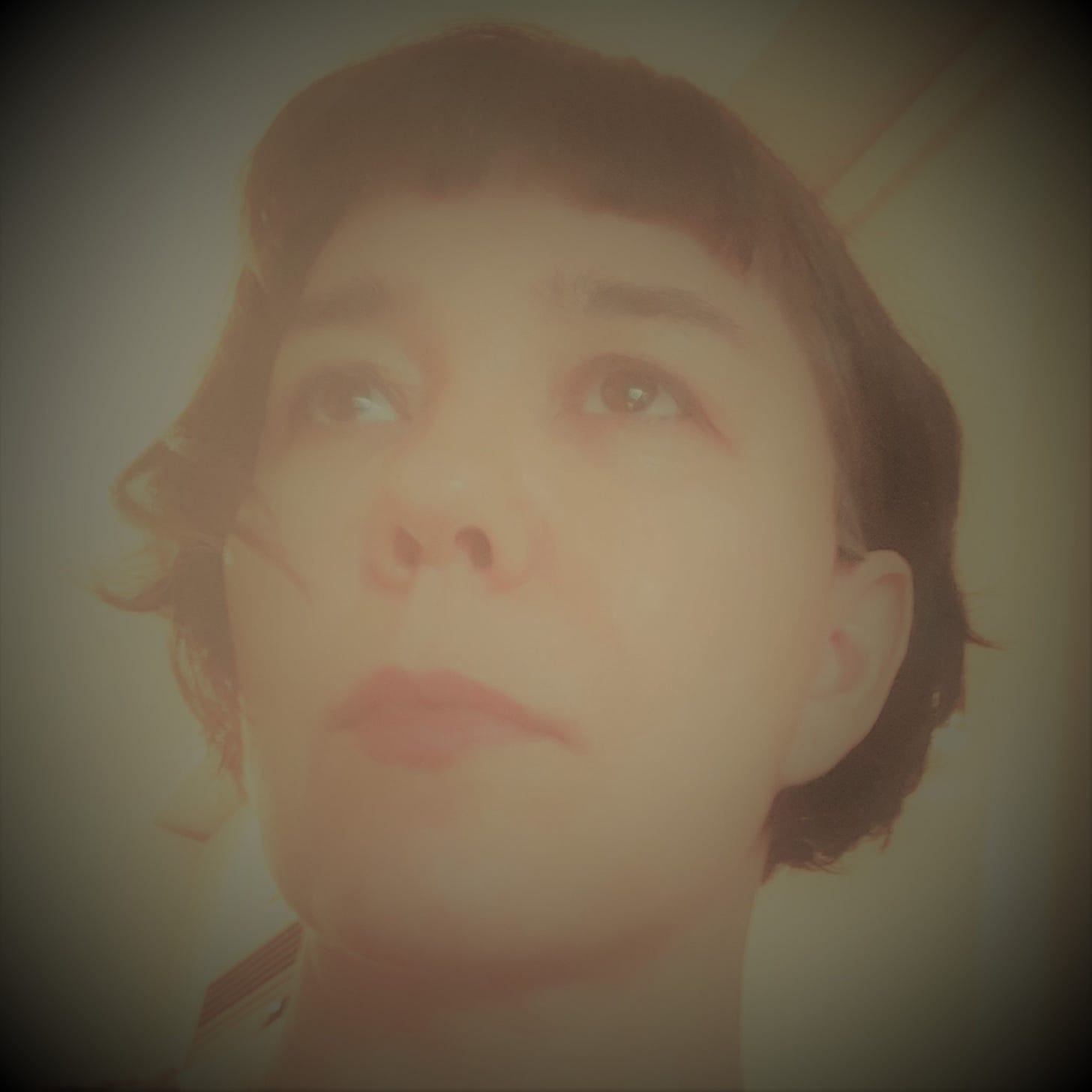The theory of lungs by Irene Marques appears on NationalPoetryMonth.ca on April 12, 2023
From Irene Marques
On writing poetry: beingness, knowingness and desire
Writing poetry comes very easily to me. It is as if the words and the music that inhabit me and sing the worlds where I live, have lived in, and want to live in, are just there to be ejected onto the page, through that magic that is this inking, marvelous system, which allows us to voice our woes, our love, our loss, our gain, our confusion, our desire—and then stare at it in awe and alleviation. The poem “The Theory of Lungs” speaks to the power of language, the language that can be voiced, uttered, and offer us solace from a world that often seems insufficient, a world that confuses us, and takes us away from what may be the most fundamental. The poem is also a reflection, an exercise in meditation, a prayer, when the self leaves the noise of capitalistic and materialistic societies, which recognize nothing, nothing but cars and roads and fancy suits and money made in the Hollywood capitals of the world—an exercise that allows the self to be unburdened from the weights that want to kill it. In that sense, this poem (and many of my other poems) constitutes an existential inquiry and reveals the profound need that humans have to exit societal, cultural, economical, and political systems that stifle them, curbing their desire for unbounded beingness. When I first learned how to read and write at the age of seven, I immediately knew that writing was the thing, the marvel, the sacred grain, that gave me the most pleasure. Yes, because it is the house with no confines, where windows and doors and roofs and walls are transparent, and I, a being in search of the universe—like a Doña Quixote of sorts. Unbounded by nothing.
As Roland Barthes puts it, "Language is a skin: I rub my language against the other. It is as if I had words instead of fingers, or fingers at the tip of my words. My language trembles with desire." (in A Lover's Discourse: Fragments)
Or, in the words of Bessie Head, “I am building a stairway to the stars. I have the authority to take the whole of mankind up there with me. That is why I write.” (in When Rain Clouds Gather)
On writing from a vast ocean of utterances
I am a bilingual writer writing in Portuguese and English and have several books of poetry and fiction published in both languages. I think that having access to these two languages (and a few others that I can read, speak, and understand such as French and Spanish) allows me to be more creative in my writing, whether I write in English or Portuguese. In fact, I believe that to be creative and innovative, writers need to read widely from diverse literatures (either in the original or in translation if they cannot read other languages). The Anglo-American world is mostly closed off to other languages and literatures since only about 5% of literatures written in other languages are translated into English, whereas literature written in English is translated into many other languages at a much higher rate. This means, among other things, that the world is heavily influenced by an Anglo-American ethic and aesthetic, and that diversity and transculturalism are not actualized. What we need is to write from a vast ocean of utterances, so that we can not only visit our neighbour’s house, but stay there for a while, and then come out and see the world under another angle, another light, inhabit a vastness that we in fact yearn for—to suspend loneliness, ignorance, and that lack that cries inside of us, calling for company.
About Irene Marques
Irene Marques is a bilingual writer (writing in English and Portuguese) and Lecturer at Toronto Metropolitan University in the Department of English, where she teaches literature and creative writing. She holds a PhD in Comparative Literature, Masters in French Literature and Comparative Literature and a BA (Hon.) in French Language and Literature from the University of Toronto, and a Bachelor of Social Work from Ryerson University (currently Toronto Metropolitan University). Her creative writing publications include the poetry collections Wearing Glasses of Water (Mawenzi House, 2007), The Perfect Unravelling of the Spirit (Mawenzi House, 2012) and The Circular Incantation: An Exercise in Loss and Findings (Guernica Editions, 2013), and the novels My House is a Mansion (Leaping Lion Books, 2015), Uma Casa no Mundo (Imprensa Nacional, 2021) and Daria (Inanna Publications, 2021). Uma casa no mundo won the Imprensa Nacional/Ferreira de Castro Prize (Portugal). Her academic publications include the manuscript Transnational Discourses on Class, Gender and Cultural Identity (Purdue University Press, 2011) and numerous articles in international journals or scholarly collectives.
Visit NationalPoetryMonth.ca daily in April!




